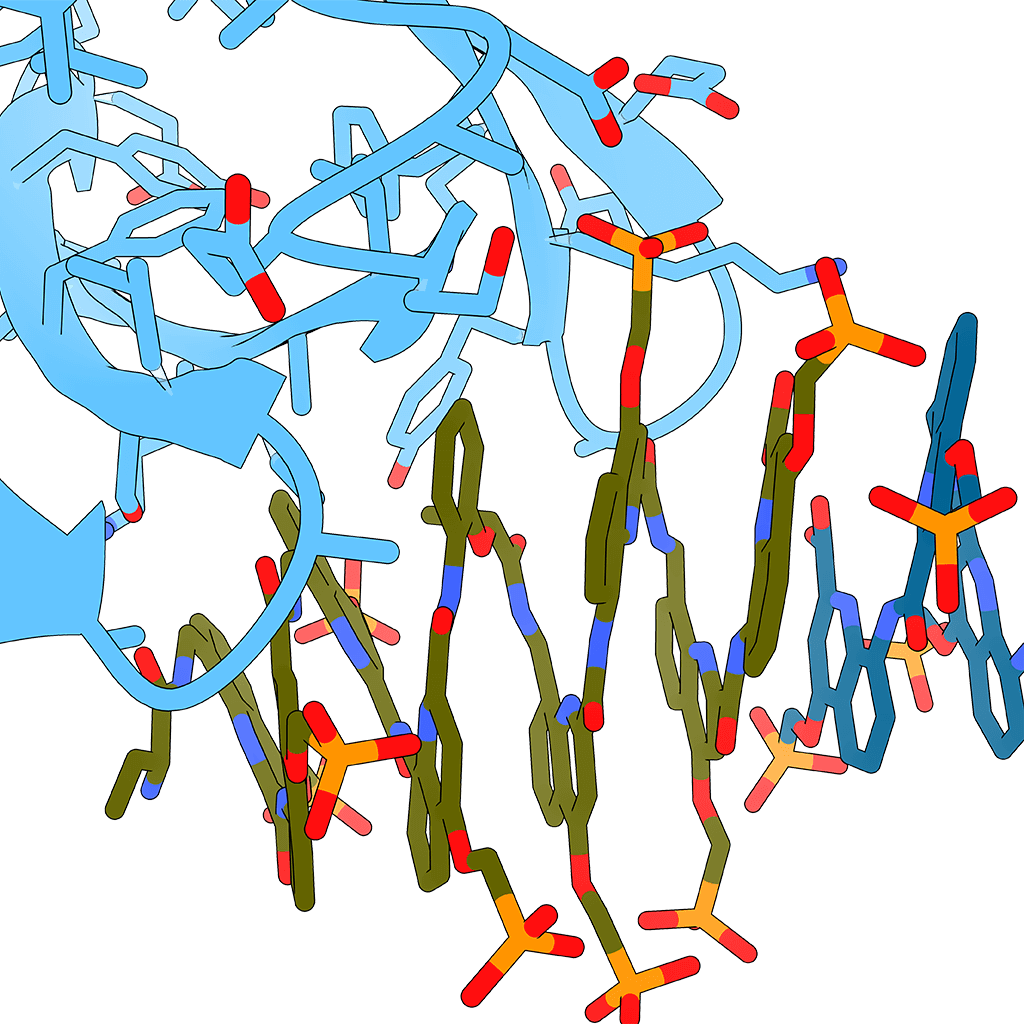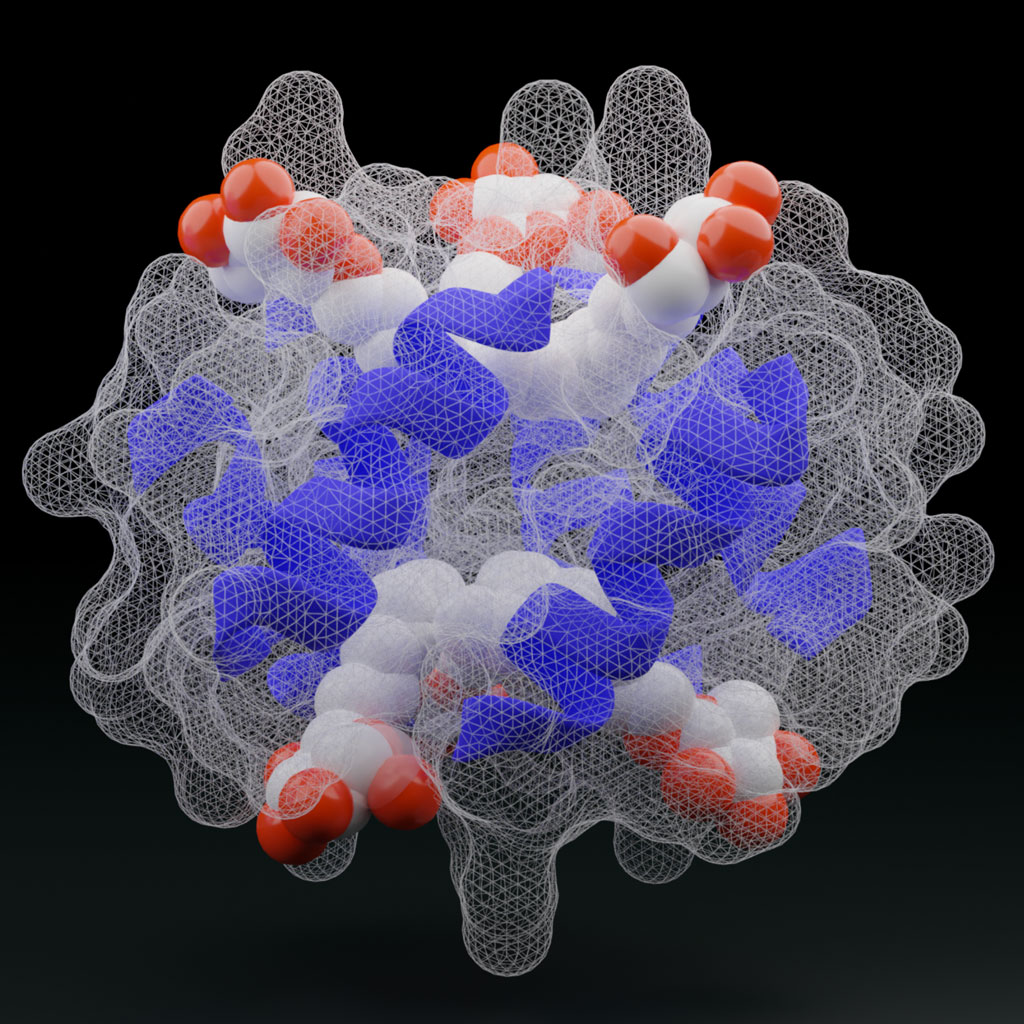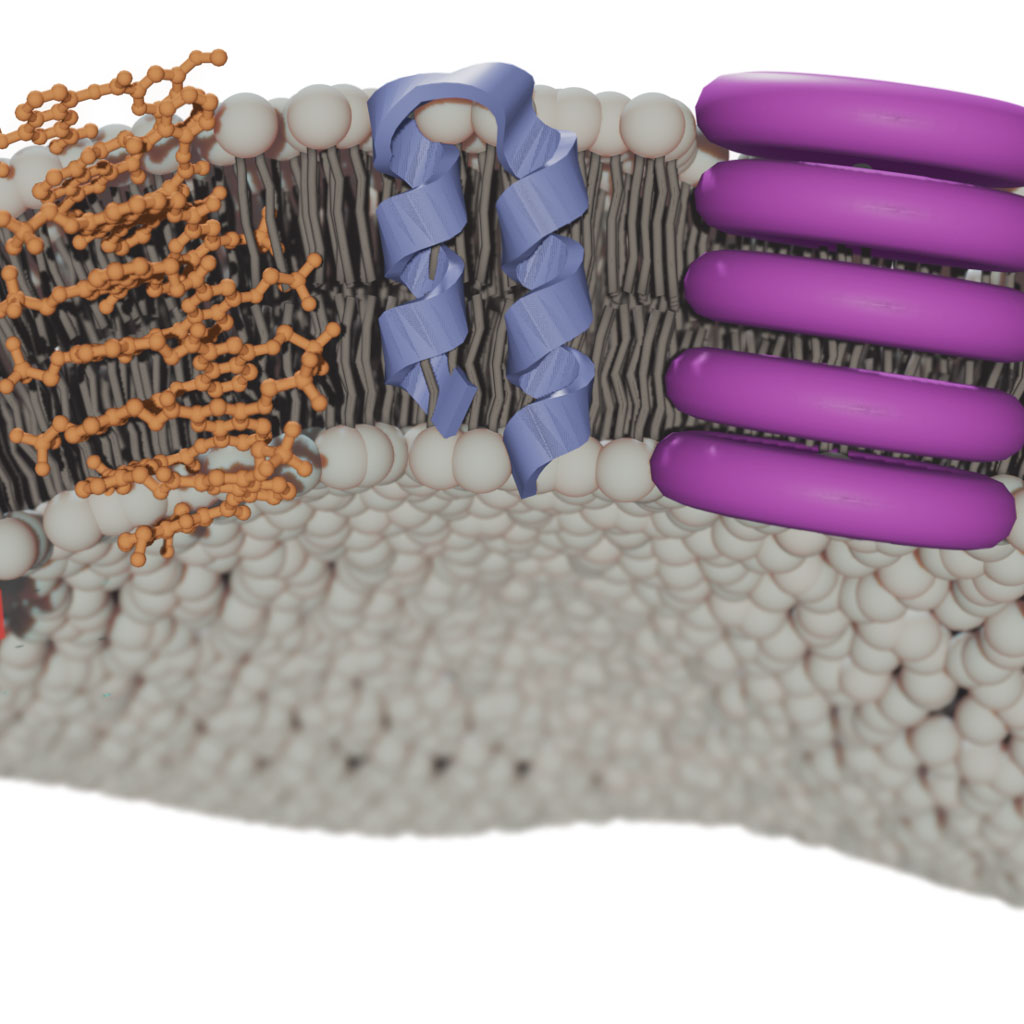This network seeks to unite scientists working in the field of foldamers (and in allied fields) both within the UK and beyond by funding collaborative lab visits and meetings. We also seek to secure the future of the field by having a strong focus on the support of Early Career Researchers.
Our definition of a foldamer is very broad and whilst the general definition would include oligomers or polymers that adopt a specific compact conformation, our network includes a diversity of systems such as molecularly imprinted polymers and aptamers.
In order to benefit from the opportunities, you need to sign up to join the network, but you do not necessarily have to currently be working in the field! You only need to be interested in the potential to collaborate with a foldamer scientist.
Please contact foldnetuk@kcl.ac.uk if you are unsure.
Our mission
The primary mission of FoldNetUK is to bring together expertise across the UK to exploit opportunities for new collaborative research (and thus open new unrealised applications of foldamer technology). It also seeks to give strong support to Early Career Researchers in the field. The Network will enable the UK community to plan and kick-start research projects that cut across traditional boundaries, and which are not easily realised through other mechanisms.
The Network will therefore;
- Strengthen and develop links between foldamer structure and foldamer application through the funding of both general and focused scientific meetings.
- Facilitate pump-priming activities by funding cross-lab visits (Pilot Research Projects) thus promoting collaboration.
- Provide an engaging and supportive environment for early career researchers.
- Raise the profile of the Network, its members and outputs via an active outreach programme.
- Work towards self-sustainability through its members.
Women in Supramolecular Chemistry
FoldNetUK is also supported by the scientific network “Women in Supramolecular Chemistry” (WISC), whose purpose is to create a sense of kinship and provide support for women in science. They aim to support the retention and career progression of women of all career stages within the community. Opportunities will be detailed in the News section as they occur.
More information
The Network will connect researchers to facilitate new directions in foldamer science through its powerful Network search engine, and through funded activities that members can apply for (see Funding).
The Network is divided into three overlapping themes, each led by a member of the Team. Whilst these are useful identifiers when it comes to searching for a collaborator (see our search tool), or for applying for funding to hold meetings or pilot research projects, we welcome applications from overlapping areas or even those that do not necessarily fall into these themes.

Theme one
Biomedical/Chemical Biology Applications
Lead: Professor Steven Cobb
The potential applications of foldamers to these fields is vast. For example, molecules that antagonize protein-protein interactions are required to bind specifically to the target protein. Whilst some small molecules are capable of this, foldamers provide the potential for increased specificity, due to their larger interaction surfaces. The unnatural peptide-like nature of many foldamers (including both noncanonical amino acids and peptoids) means that they are more, or entirely resistant to proteases compared to their natural counterparts. In addition, they are more minimalist than the polypeptides they seek to mimic and so have significant physicochemical advantages, including cell penetration and metabolism. Such antagonism is not limited to peptidic foldamers – abiotic systems also provide opportunities for the cross-purposing of foldamers, which this network grant would have the potential to stimulate. Similarly, there are a variety of chemical biological applications of foldamers, including protein aggregation disruption, DNA binding, and cell penetration/transfection, as well as acting as synthetic ion channels. This demonstrates that the vast potential landscape of these systems could be better exploited if expertise was more easily connected – which is a key aim of this network.
Theme two
Catalysis Applications
Lead: Dr Sarah Pike
Just as the specific positioning of functionality in three-dimensional space is critical to an enzyme’s function, foldamers can also direct catalysis by the precise control of molecular organization. Peptidic and peptoidic systems are useful catalysts, but so too are abiotic systems, DNA-inspired systems, and molecular cages which are all included under our definition of a foldamer. Despite these examples, foldamer catalysis is still very much in its infancy, but as with all foldamer applications, the more constructs that the community has access to, the more opportunities there are to design around the positioning of the functionality. Again, this Network aims to increase the awareness of the diversity of foldamer structures available, and hence push the current scientific boundaries by promoting communication, collaboration, and innovation.


Theme three
Materials and Fundamental Applications
Lead: Professor Scott Cockroft
Whilst the applications of themes one and two are arguably biologically inspired, the remit of foldamer applications goes far beyond this. Applications range from the fabrication of electroluminescent devices, conformational switching, and systems that are capable of light-responsive hydrogen bonding. We believe that the Network will stimulate new and exciting avenues in materials applications, particularly if the diversity of structures available in the first two themes is more broadly known. Similarly, the behaviour of foldamers themselves can provide fundamental insights into the energetics and nature of molecular interactions and solvent effects. Such insights can be exploited to aid the design of foldamers via rational, computational, or machine-learning approaches.
Join the UK Foldamer Network
To engage with all the exciting opportunities and events this network has to offer, please register now. It’s quick and easy.